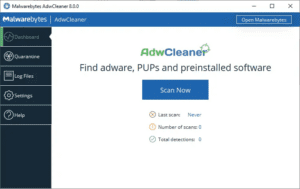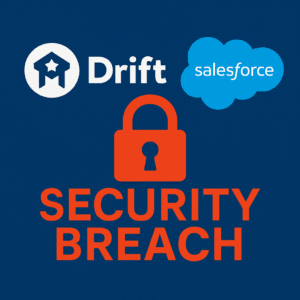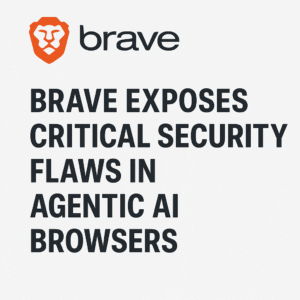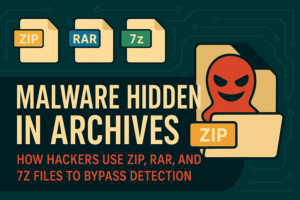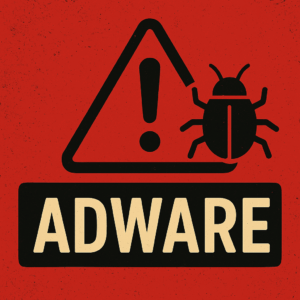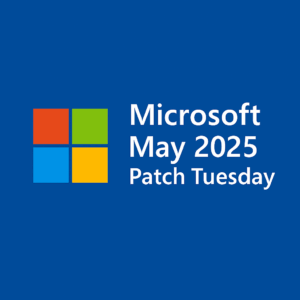In today’s tech world, awareness of vulnerabilities like injection attacks is crucial for network and administrative roles. These attacks, particularly injection-based, pose significant risks to digital security.
But what are injection attacks? Imagine medicine administration via injection, penetrating the body with a substance. Similarly, attackers inject malicious content into systems to extract valuable information or wreak havoc.
The Perils of Injection Attacks
These attacks exploit vulnerabilities by inserting harmful code or commands, including the notorious XXE, RFI, and LFI variations. They can lead to dire consequences, from data breaches to complete server hijacking, making them a top concern for web applications.
Defining Injection Attacks
So, what defines an injection attack? It’s a security loophole that allows nefarious actors to implant malicious code or commands within a system or application. Through lax input validation or oversight, attackers infiltrate systems, altering behavior or gaining unauthorized access to data.
Causes and Risks
The causes of injection attacks are varied but often stem from inadequate input validation and mishandling of user input. When systems fail to scrutinize incoming data, they unwittingly welcome malicious commands, paving the way for unauthorized access or data manipulation.
Understanding Injection Risk
But what risks do injection attacks pose? Dubbed injection risk, it’s the likelihood that malicious code injected into a system could lead to unauthorized access, data tampering, or other malicious activities. Weak input validation, improper data handling, and lax security protocols amplify these risks, leaving systems vulnerable to exploitation.
The Top 10 Injection Threats
In the ever-evolving landscape of cyber threats, here are the top 10 injection attacks to watch out for in 2024:
- Code Injection
- SQL Injection
- Command Injection
- Cross-Site Scripting
- XPath Injection
- Mail Command Injection
- CRLF Injection
- Host Header Injection
- LDAP Injection
- XXE Injection
Each of these poses a distinct threat to digital security, emphasizing the importance of robust defenses and vigilant monitoring against injection attacks. Stay informed, stay vigilant, and safeguard against the ever-present threat of cyber intrusion.

Founder of ToolsLib, Designer, Web and Cybersecurity Expert.
Passionate about software development and crafting elegant, user-friendly designs.
Stay Updated with ToolsLib! 🚀
Join our community to receive the latest cybersecurity tips, software updates, and exclusive insights straight to your inbox!

